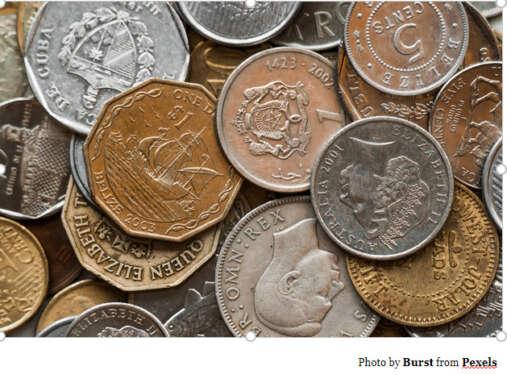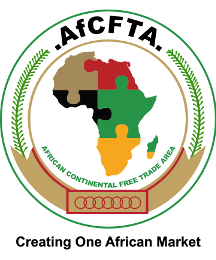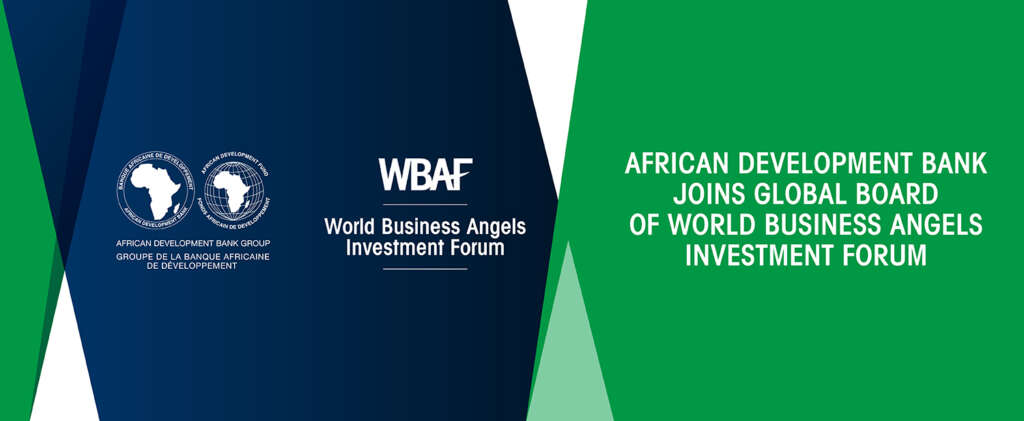- Africa’s $824Bn debt, resource-backed opaque loans slowing growth — AfDB
- LB Investment brings $1.2 trillion portfolio display to AIM Congress spotlight
- AmCham Summit kicks off, setting course for robust future of US-East Africa trade ties
- Why the UN is raising the red flag on the UK-Rwanda asylum treaty
- Portugal’s Galp Energia projects 10 billion barrels in Namibia’s new oil find
- Wärtsilä Energy offers tips on how Africa can navigate energy transition and grid reliability
- Powering Africa: Africa’s Path to Universal Electricity Access
- Global investment trends at AIM Congress 2024: a spotlight on the keynote speakers
Browsing: investing in Africa
Africa’s private equity landscape continues to attract investment. The operating environment, albeit still turbulent, continues to improve. Granted, the pace of improvement is higher in some countries than others, but overall there is promise of a conducive climate for business.
The enabling environment, coupled with the accelerated digital infrastructure growth, inspires momentum in the private sector contributing to the growing middle class. This will, in turn, lead to improved employment opportunities.…
Unemployment remains one of the biggest socio-economic challenges in current times. This has been made worse with the recent hit that countries have experienced due to the global pandemic that has significantly slowed down the growth of economies across the globe.
Many people have lost their jobs while others have had their salaries reduced; all of this is putting pressure on employees to meet the expenses and demands of basic living. This is why people are now turning to entrepreneurship to make a living or expand their income by running a ‘business on the side’. Our Reporter Kawira Mutisya has researched and come up with several pointers on what makes an entrepreneur. These should play a role in guiding those just joining the bandwagon. …
The New Year 2021 has begun on a high note with the reality of the coronavirus vaccine shining across the globe. The year 2020 will certainly be etched in the minds of many people across the world for the wrong reasons. It is the year that the coronavirus caused death, illness and economic despair across the world.
In Africa, the COVID-19 pandemic has hugely torpedoed the continent’s war against poverty. According to the IMF, developed economies will shrink by around 6% in 2020 while emerging markets and developing ones will shrink by 1%. With more people living close to the international poverty line in developing nations, it is imperative to note that low and middle income countries will suffer the greatest repercussions in terms of extreme poverty.
Also Read:BUSARA CENTER AIMS AT POVERTY ALLEVIATION
The definition of poverty entails more than just the lack of income and productive resources …
In the affairs of conducting business – whether it is a single, family-owned venture or a large multinational conglomerate – capital is at the crux of the undertaking.
In this edition, The Exchange brings to you Part 2 of a two-part series on Patient Capital and how Africa can reap the tremendous value of philanthropy in business.
Patient Capital: An Instrument for Financing Development
Over the last decade, a new breed of investors focused on financial returns with a strong social and environmental value proposition have emerged in Africa. These “impact investors” seek to consolidate financial returns with social impact by utilizing the apparatus of venture capital to make principal investments in private, high-growth companies/organizations that have the potential to deliver some quantifiable social or environmental benefits.
Patient capital is an emerging investment instrument that generally falls under a broad category of vehicles for financing social change and economic …
There are still a number of countries around the globe that are still feeling the effects of the pandemic, one of which includes Zambia, an African country that took a massive hit from the outbreak and does not seem to be improving. Although the country is going through a rough time post COVID-19 right now, it was already struggling before due to its being in massive debt. Having borrowed $12bn from international creditors, it has now become the latest country to default on its debts, after talks with its creditors hit an impasse.
Zambia, in the north of Southern Africa and home to about 18 million people, has built its development over an abundance …
African Innovators have an opportunity to get funding for their Ideas through the new Africa Continental Free Trade Area (AfCFTA) Vision Challenge.
The challenge seeks Africa innovators and entrepreneurs who have compelling solutions to challenges affecting the continent’s Intra Africa trade.
Some of the areas identified to drive the AfCFTA agenda include Agriculture and Food Security, Education and Skills, Natural Capital and Environment, Technology among other sectors all aimed at advancing Intra – Africa trade.
Potential Investment in the ideas selected will be by Africa’s leading Development Finance Institutions & Banks that include AfDB, TDB, Afreximbank, BADEA, AFC, Equity Bank, Ecobank, CIB among others.
Contestants only have to register for an AfCFTA number at no cost at www.afcfta.app and then submit their entry through the online portal (https://www.afcfta.blog/
There are two deadlines for the submission of Ideas that include November 27, 2020 for the first
For the first time in 25 years, growth in Sub-Saharan Africa (SSA) could fall to -5.1 per cent this year due to the Covid-19 which will cost the region anywhere from US$37 billion to US$79 billion in lost output.
This is a sharp drop from last year’s figure of 2.4 per cent showing that SSA is now facing its first recession in two and a half decades. Politically unstable countries are the most adversely impacted with those dependent on the export of commodities such as oil and metals, as well as the tourism sector coming in second.
An analysis by the Global Trade Review (GTR) shows that the risk of sovereign default is growing across Africa because of higher debt levels and currency risk.
In addition, reduced demand and lower commodity prices have affected oil and metals export pushing some African countries which are particularly reliant on these commodities into …
How does financial illiteracy impact your business and your personal wealth? Perhaps a good deal more than you might think.
The readership of The Exchange is, of course, highly financially literate – this readership is at the other end of the scale to the majority of the population here in Africa. I believe that one of the ten top reasons that sub Saharan Africa fails to fulfil its potential is the financial illiteracy of its population and that we must change this if we are to change Africa for the better.
Financial literacy has fallen around the world over the past 30 years. As a British businessman I am appalled at how badly we equip our children in the UK for a world order built entirely on economic foundations. There is a direct proven statistical link between financial literacy, Gross Domestic Product, home ownership, health and poverty. It is no …
Imagine an Africa where farmers can detect parasites in their livestock by a simple scan of a handheld machine. Where road networks allow swift transportation of produce to markets. Where farmers can access finance and be adequately insured against natural disasters by a simple click of a button.
The reality across the continent is one of underdeveloped, underserved rural areas. Women dressed in traditional garb carry buckets of water over long distances. There is no electricity or running water and very little internet access. According to World Bank statistics 56% of Africans live in rural communities. Recent trends have shown a high rural to urban migration rate. This migration has resulted in high urban densities, rising crime rates and overcrowding in the urban areas. Neither of these situations is amenable. Which brings into light the need to empower rural communities to support economic resilience in Africa.
Also Read: COVID-19
…The World Business Angels Investment Forum announced the African Development Bank as its newest Board Member.
The bank will represent Africa’s early-stage equity markets, angel investors, entrepreneurship and startup ecosystems, small and medium enterprises and high-growth businesses and private equity funds.
The African Development Bank Director of Industrial and Trade Development, Abdu Mukhtar will occupy the bank’s board seat.
“We are delighted to have the African Development Bank Group as a global board member of the World Business Angels Investment Forum. I am confident that by including AfDB, WBAF will be able to provide a wide range of opportunities for start-ups, scaleups and high growth businesses in Africa—ones that will open the doors for economic development. By working together across borders, with a common vision, and with these smart dynamics in mind, we are well placed to bring about positive change in Africa and the global economy.” Said Baybars Altuntas, …











